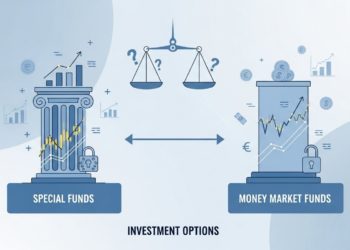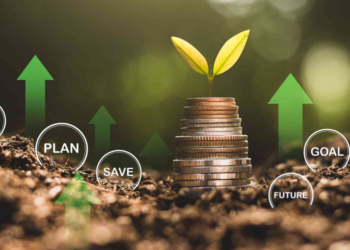Foreign Direct Investments (FDIs) play an important role in driving economic growth. They involve long-term commitments by foreign companies through setting up new businesses, expanding operations, or acquiring local firms. Unlike short-term portfolio flows, FDIs come with capital, management expertise, and a long-term outlook, making them central to development strategies in emerging markets.
FDIs provide a steady inflow of foreign capital that supplements domestic resources, especially in countries where savings and local financing options are limited. They bring advanced technology, new business practices, and skills that improve efficiency and competitiveness across industries. The establishment of new enterprises often creates jobs and raises income levels, contributing to better living standards. By increasing production capacity and competitiveness, FDIs also support exports, which helps countries earn foreign exchange, reduce balance of payment deficits, and stabilize their currencies.
The benefits extend beyond immediate business activity. Foreign investments deepen financial markets by increasing liquidity and encouraging more listings in equities and bonds. Infrastructure projects financed through FDIs, such as roads, energy, and digital networks, improve the overall investment climate and make it easier for businesses to thrive. In recent years, many foreign investors have also aligned with global sustainability priorities, channeling funds into renewable energy, green buildings, and climate-smart agriculture, creating long-term value.
Despite these opportunities, attracting and retaining FDIs remains a challenge. Investors often hesitate where corruption levels are high, as this increases the cost and complexity of doing business. Lengthy and inefficient regulatory processes also discourage participation, while exchange rate volatility creates uncertainty in projecting returns. Rising taxes in certain economies make them less competitive compared to peers, while political unrest and policy unpredictability reduce investor confidence. In some cases, underdeveloped infrastructure and security concerns further limit inflows.
Kenya offers a useful example. With its position as a gateway to East and Central Africa, the country continues to attract investments in ICT, renewable energy, financial services, real estate, and manufacturing. The government has promoted investment through Special Economic Zones, trade agreements such as the EU-Kenya Economic Partnership Agreement, and continued infrastructure development. However, unpredictable taxation policies, a volatile currency, and episodes of political unrest have tempered investor sentiment.
The ability of countries like Kenya to maximize FDI inflows lies in creating a transparent, predictable, and business-friendly environment. Strengthening regulatory frameworks, deepening capital markets, expanding digital and physical infrastructure, and maintaining political stability are essential. Competitive incentives can also help, but the long-term focus should be on building confidence through consistent and fair policies.
FDIs bring more than financial capital. They deliver innovation, technology, global networks, and access to international markets. For economies aiming to accelerate growth and achieve sustainable development, they remain a vital pillar. The task is to ensure that the business environment allows these investments to thrive and deliver lasting value to both investors and citizens.















